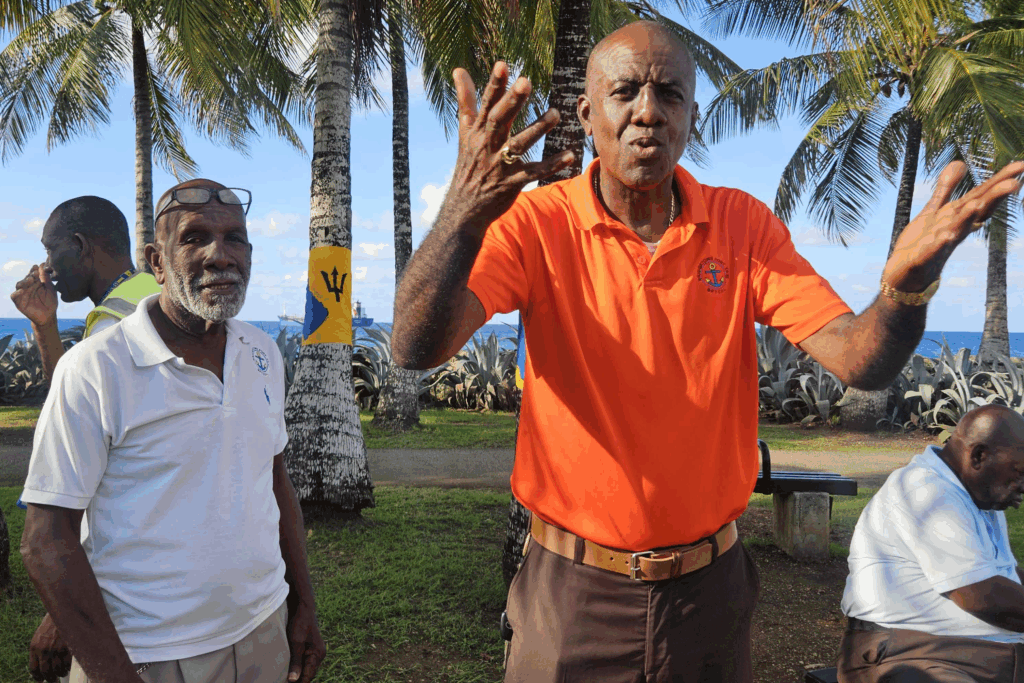The imminent launch of Uber in Barbados has ignited a heated debate, prompting swift responses from both the government and the ride-hailing giant. Scheduled to go live on October 22, Uber has clarified that its platform will exclusively cater to licensed taxi drivers, adhering to rates regulated by the Transport Authority. This announcement follows protests by local taxi operators, who gathered outside the Bridgetown Port to voice concerns over potential job losses, economic strain, and the perceived threat to their industry. Uber emphasized that its app will only feature the Uber Taxi product, ensuring that drivers receive the full regulated fare despite initial testing discrepancies caused by automatic discounts. Transport Minister Santia Bradshaw reiterated that Uber must operate within Barbados’ legal framework, allowing only registered taxis with proper permits to provide services. However, veteran taxi operators like Colvin Yarde expressed deep reservations, arguing that the government granted Uber’s license without adequate consultation. Yarde warned of a ripple effect on the economy, citing potential losses in tax revenue, insurance, and fuel sales. Kenneth Knight of the Bridgetown Port Taxi Co-operative questioned Uber’s suitability for Barbados, advocating for locally developed ride-hailing solutions instead. As tensions rise, stakeholders are calling for direct dialogue with Prime Minister Mia Amor Mottley before Uber’s official rollout.
